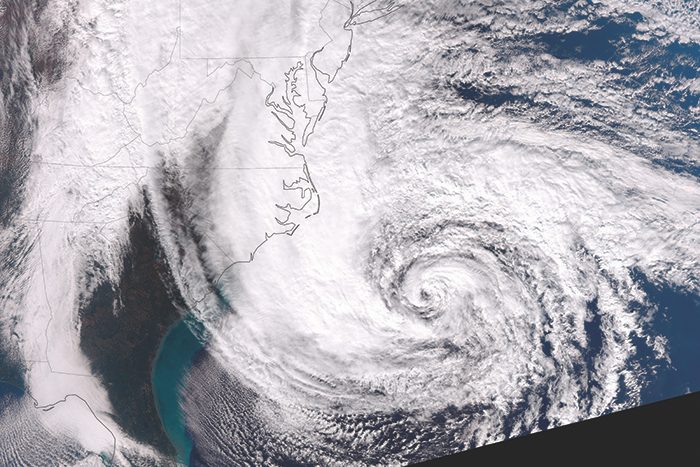

Research
Our researchers tackle complex environmental challenges by applying the latest technology to ocean, earth, and atmospheric topics. Marking a new age of environmental research, our scientists and policy specialists are using innovative tools like high-tech satellite images, environmental sensors and complex computer models to help enhance climate predictions, identify and mitigate pollution, improve resource management and more.
Research Focus Areas
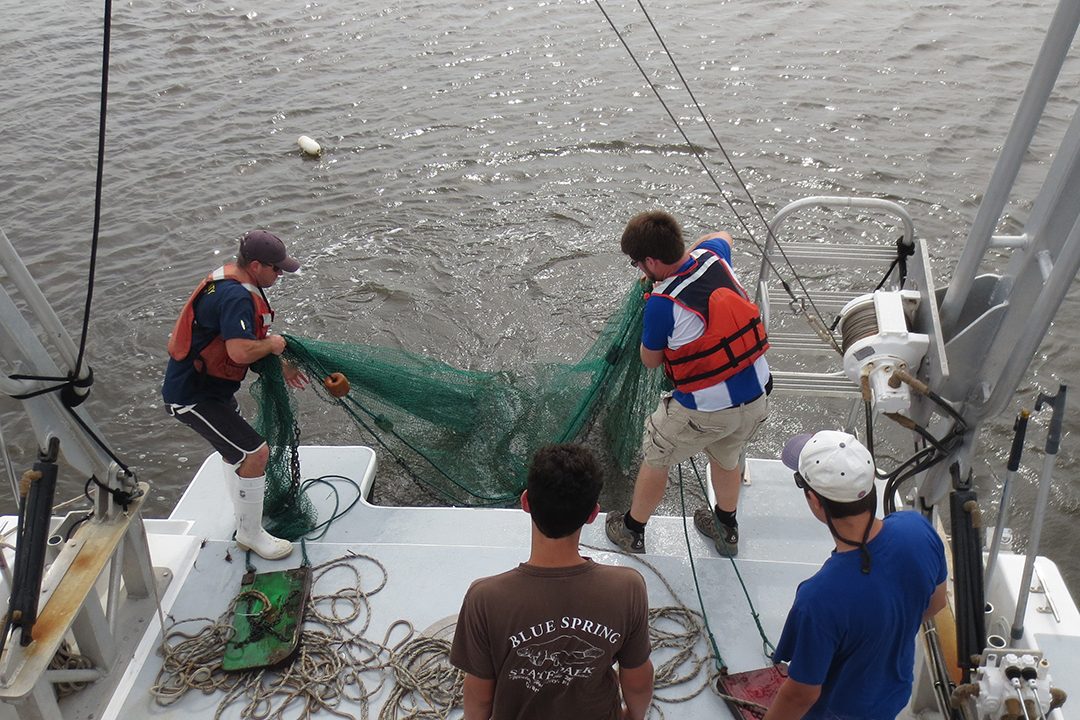
Coastal Ecosystems and Fisheries
Faculty investigate all aspects of coastal ecosystems, from water quality to organisms. Researchers study physical processes affecting coastal environments, chemical factors influencing those areas, and the implications for human activity. Marine policy faculty study fisheries regulations and their impacts.
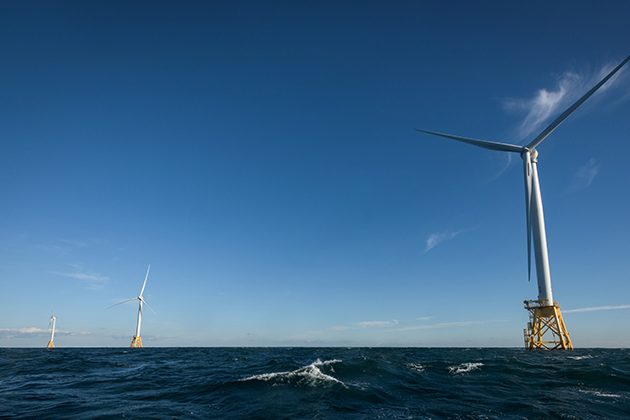
Energy and Water Security
CEOE is at the forefront of technical and social science research in several current and future energy paradigms, particularly offshore wind. Other faculty study novel methods for electricity storage and grid balancing, the many complicated issues arising around our need for rare earth minerals, and the sustainability of both groundwater and surfacewater, for human and ecological use.
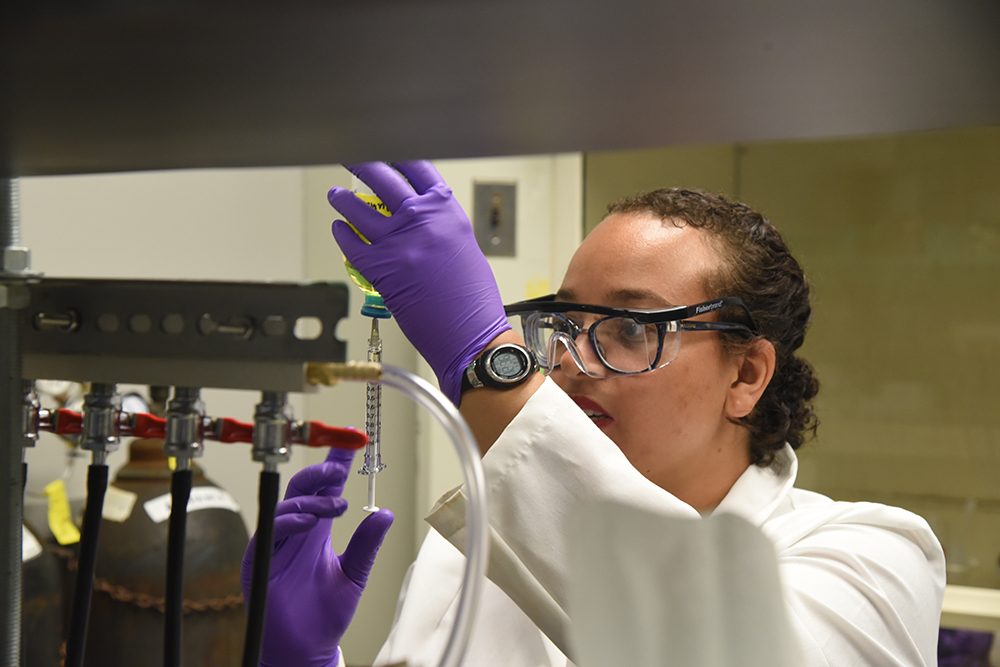
Environmental Biogeochemistry
In all three academic units of the college, geochemistry and biogeochemistry are strengths of our faculty, including the various ways in which it intersects with ecosystems and human society. Applied and basic research, in the field and in the lab, are equally represented by our faculty’s work.
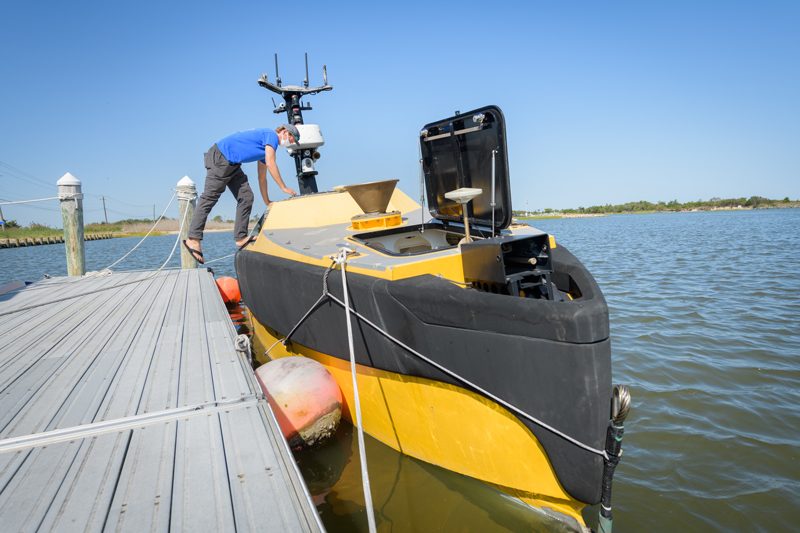
Environmental Robotics and Sensors
In addition to using cutting-edge robotics and other technology to investigate questions of earth, ocean and atmospheric science, CEOE faculty are creating the scientific instrumentation of the future, along with the rigorous protocols required to use them in accurate and reproducible research. The strong background and partnerships with engineering in many faculty members’ backgrounds play a key role in this area.
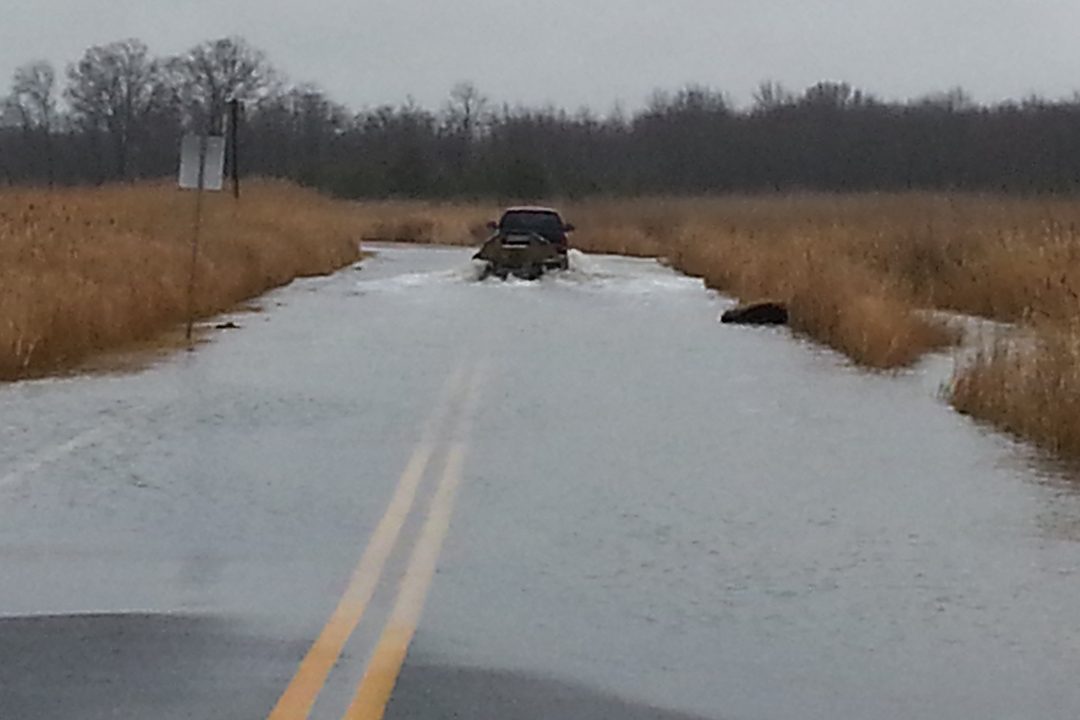
Human Dimensions of Climate Change
As climate changes, the lives of everyone on the planet will change in various ways. Along the coast in places like Delaware, our interaction with our watery environment will intensify. Storms, flooding, food production and more will change. CEOE faculty and staff use techniques of political ecology, remote sensing, modeling, policy analysis, community engagement and more to help predict and adapt.
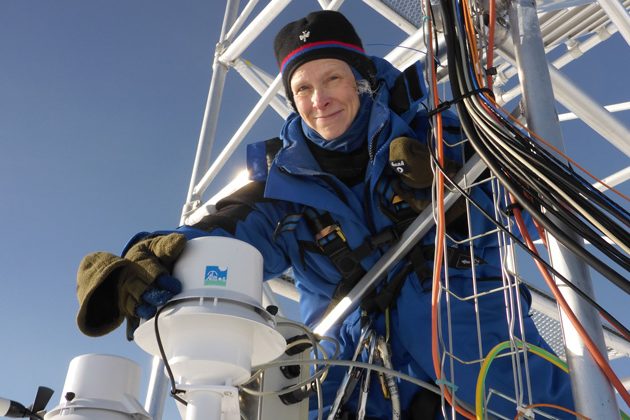
Polar Science and Cryosphere
CEOE faculty in all academic disciplines research topics in both the Arctic and the Antarctic, investigating the biology, climate, ecology, oceanography, soils and other physical aspects of the environment. High-latitude science is a hallmark and unifying concern of the college.
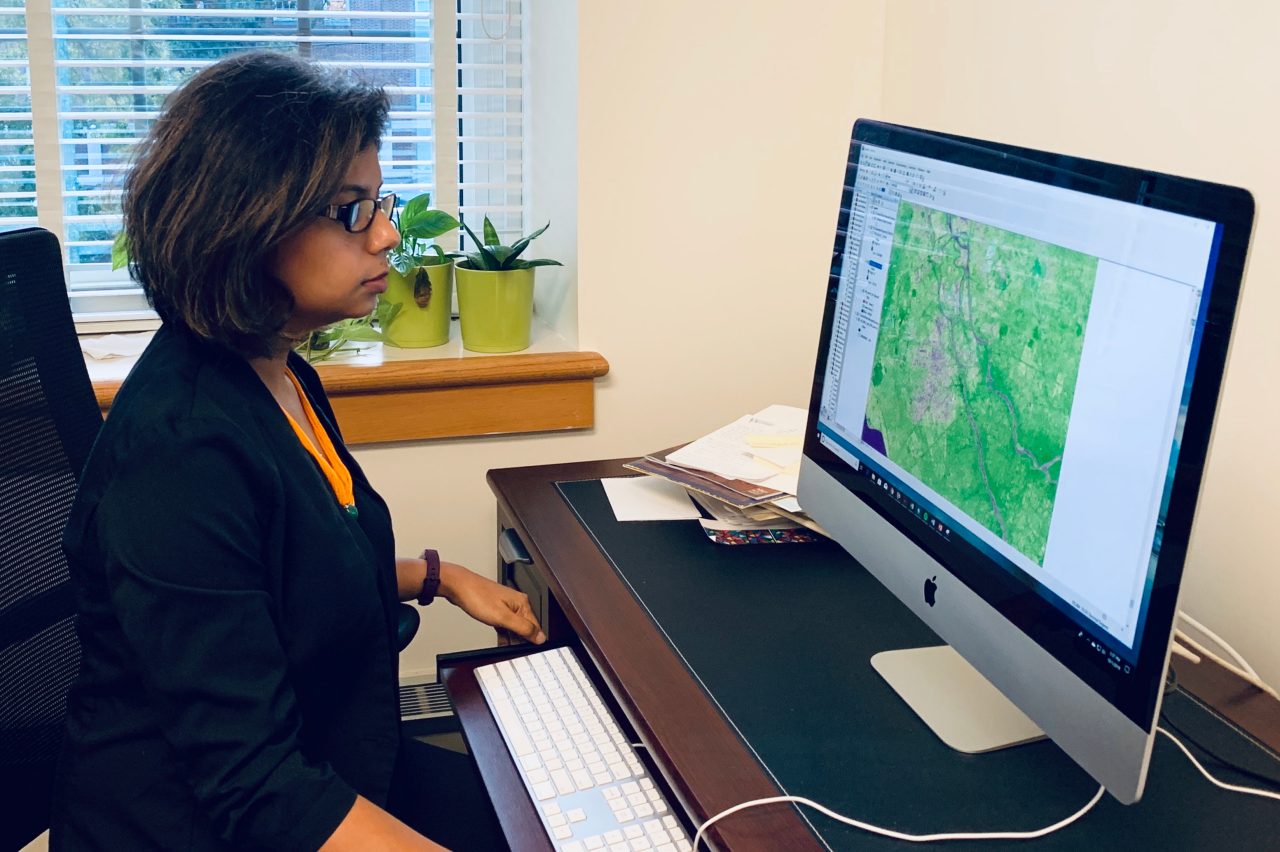
Remote Sensing and Big Data
EOE faculty in all academic disciplines research topics in both the Arctic and the Antarctic, investigating the biology, climate, ecology, oceanography, soils and other physical aspects of the environment. High-latitude science is a hallmark and unifying concern of the college.

